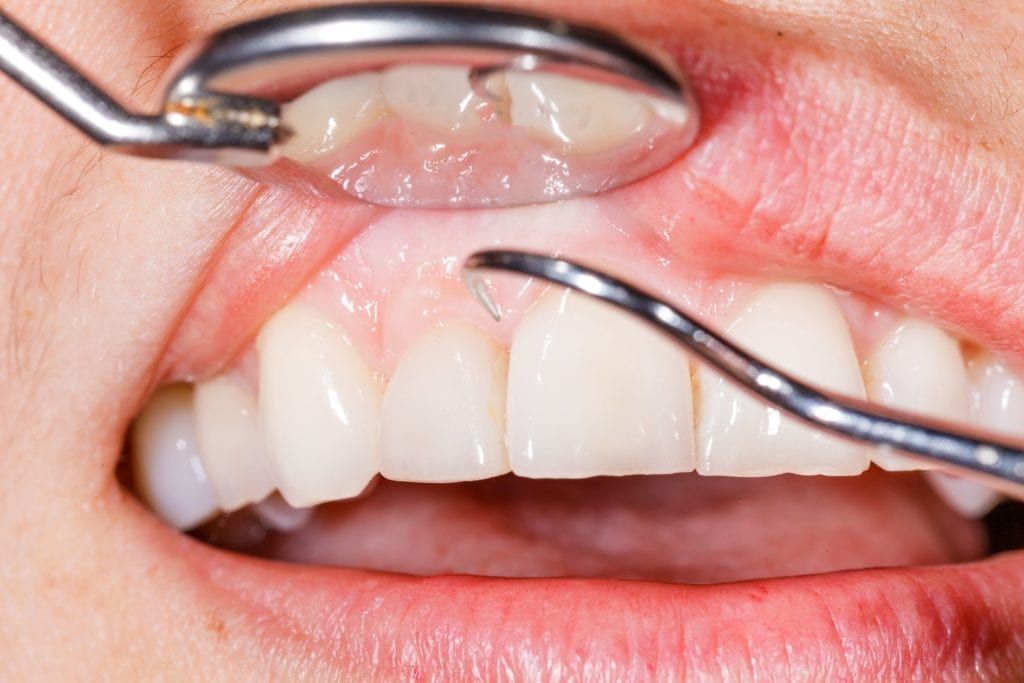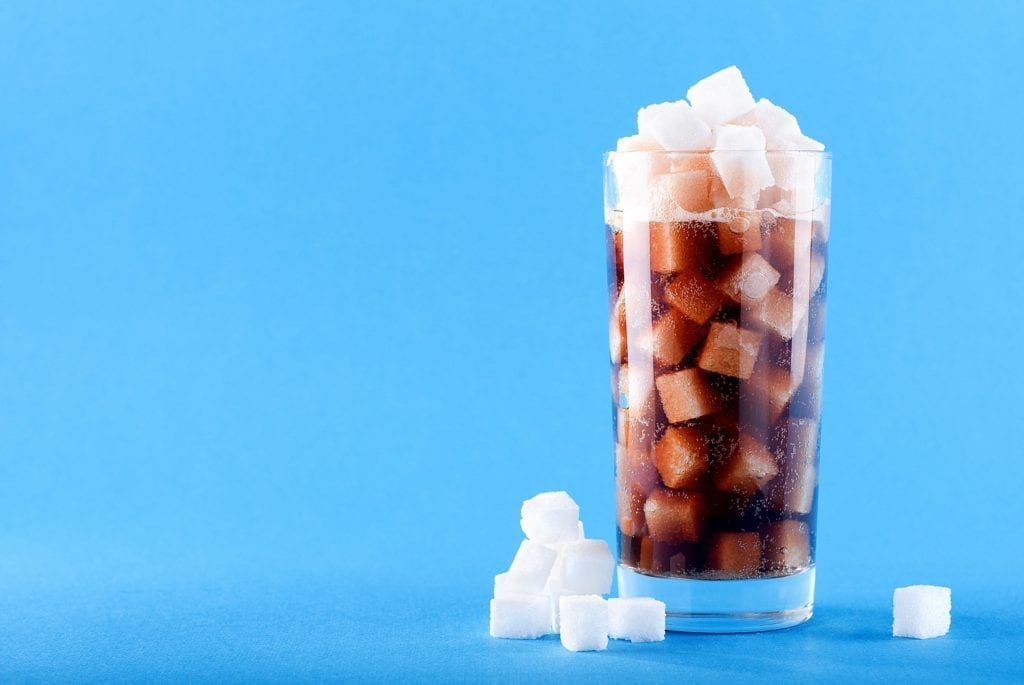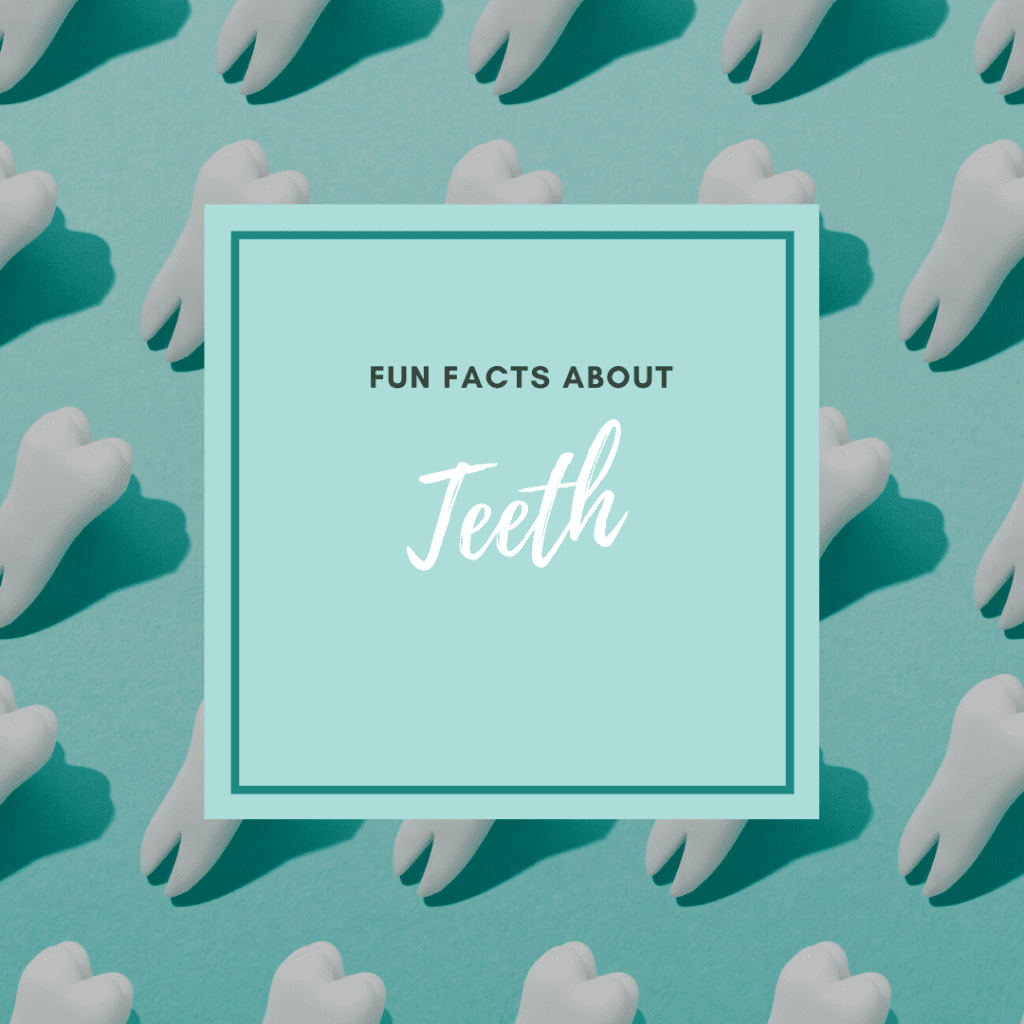Most people don’t think about their teeth too often, except when they’re eating, brushing, flossing, or visiting the dentist. However, there are so many interesting things that you should know about your teeth and dentistry in general. Here are some of the best facts about your teeth:
- Gum disease affects more than just your gums. In addition to causing your gums to become red, tender, and inflamed, gum disease can also cause tooth loss that leads to the deterioration of the jawbone. In fact, adults over the age of 35 lose more teeth to gum disease than they do to tooth decay.

- Scrubbing your teeth does not actually make them cleaner and it can actually do more harm than good. Brushing too hard not only damages your enamel, but it can irritate your gums and cause them to pull away from the tooth roots. This is known as gum recession.
- Smoking makes you 2-7 times more likely to develop gum disease than someone who does not smoke.
- Diabetes and gum disease are closely related. In fact, 95% of Americans who have diabetes also have gum disease.
- Historically, toothbrushes were made using bristles from horse, hog, or badger hair. It wasn’t until 1938 that the first toothbrush with nylon bristles was invented. Nowadays, the average toothbrush is composed of 2,500 bristles grouped into about 4 tufts. It has also been found that more people prefer blue toothbrushes over red ones.
- There are more bacteria in the mouth than people on the earth. In fact, dental plaque contains over 300 species of bacteria. When it comes to keeping your teeth clean, brushing and flossing are the best way to remove plaque. However, new plaque will develop about 4 hours after the last time you brushed your teeth. This is why brushing twice a day is important.
- Teeth are not bones, even though they show up on dental x-rays. Instead, teeth are made of a hard outer layer known as tooth enamel. Tooth enamel is stronger than bone, however it can still be damaged by tooth decay. Unlike bones, however, tooth enamel cannot repair itself and must be repaired using a dental restoration.
- By the age of 17, as many as 78% of Americans have had at least one dental cavity.

- A single can of soda contains 10-12 teaspoons of sugar while the recommended daily amount is only 4 teaspoons. Not only do sodas contain a lot of sugar, but they also contain harmful acids that erode tooth enamel.
- Tooth decay in children never used to be a common problem until more sugar was put into the foods and beverages that children consume. Now tooth decay in children is the top chronic childhood disease.
- People who write with their right hand are more likely to chew with the right side of their mouth, while people who write with their left hand are more likely to chew with the left side of their mouth.
- The average person will produce enough saliva to fill two swimming pools during their lifetime. Saliva plays many important roles in your oral health. For starters, it helps to flush debris out of your mouth. It also neutralizes harmful acids in order to protect your teeth from damage. Finally, it allows your taste buds to work properly so that you can taste food.


